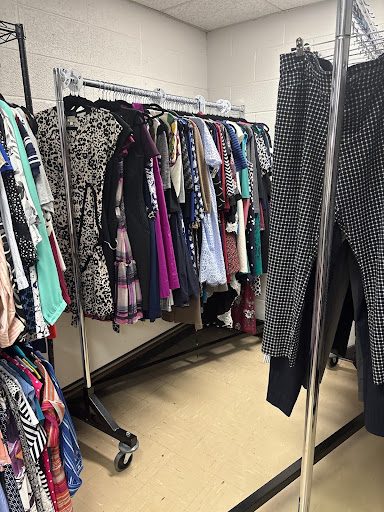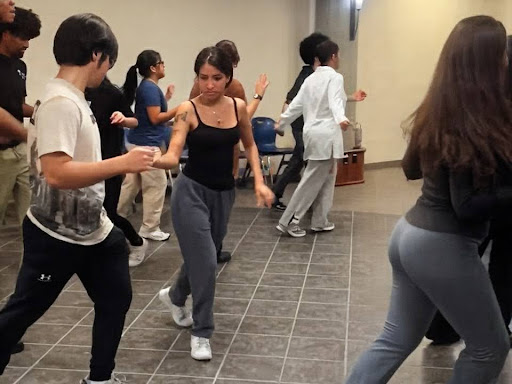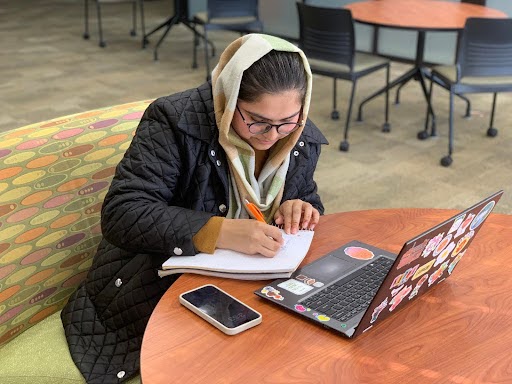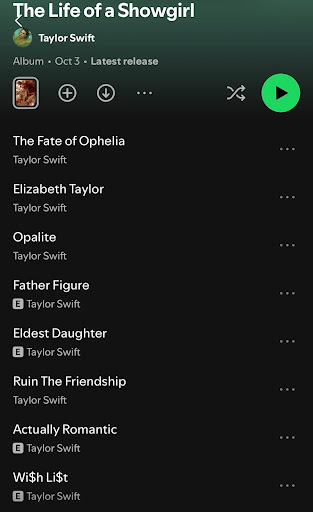The 2020 elections might be 21 months away but candidates have already begun to announce they will be running for president.
As many as 30 potential candidates, the majority of them being women, could join the race to attempt to unseat President Donald Trump as others have already begun their campaigns to persuade people in early primary states to vote for them.
Senators Elizabeth Warren (D-Mass.), Kamala Harris (D-Calif.) and Kirsten Gillibrand (D-N.Y.) are some of the more well-known political figures who intend to run. But why enter the race so soon?
Luke Perry, a professor of government and politics, explained that starting early is good for endorsement.
“Shortly after the previous election, in November 2018, candidates begin to run for 2020,” Perry said. “The first step is to form what is called an exploratory committee, where it is indicated publicly that they are thinking about running for president and formerly start to research what that might look like in terms of viability for their campaign.”
Perry said that shortly thereafter it does not take long to decide if a candidate is going to run, and if so, how and when they are going to publicly declare their candidacy.
“So, we saw Elizabeth Warren declare in December which is a little bit early, you usually don’t do it before New Years,” Perry said. “The beginning of 2019 is when you would expect people would start declaring, and by the middle of this year you would be pretty well set with who the candidates are going to be in terms of joining the race. Some of them might even peel off by then.”
Perry adds that there are “fixed elections,” not in terms of outcomes but in terms of it being regularly scheduled in order to get a competitive advantage. People declare earlier and earlier in order to stretch out the candidate process. This means that the United States has very long campaigns compared to other democracies.
“People say, ‘Why is that?’ and it is because everyone knows when the next election is,” he said. “And the sooner you declare, the sooner you can build name recognition and the sooner you can travel around and build a political base and the sooner you can raise money.”
Perry said the democratic nominees are very enthusiastic about their prospects in 2020 and anticipates there will be a relatively large number of candidates.
“It will be bigger than usual because President Trump has a historically low approval and popularity rating, so if you’re a Democrat and you’re thinking about running for president, it’s the right time to do that,” Perry said.
When it comes to diversity within the candidates, there are plenty to choose from. Several women have declared their candidacy, which Perry said is historically significant and part of a trend that has been seen in recent years.
“One of the responses to the Trump presidency that we saw in 2018 is an influx of women candidates running for congress, primarily Democratic, but not exclusively so,” he said. “I think that is going to be a part of a larger trend for the next two years.”
Utica College senior Bailey Bach sees the 2020 elections as an opportunity. She said the most crucial issue is to find someone that is kind.
“There is a lot of hate in our country right now, and I think an example should be set by the man or woman in charge,” she said. “As a young female, I would love to see a female president. Based on the potential candidates I have heard, I have hope that there will be a change in our country.”
Sophomore Jannet Nuhanovic said she will paying attention Gillibrand’s campaign because she finds that she can relate with and respect the New York senator the most.
“Personally, being from New York and being a women, I am interested in Kirsten Gillibrand,” she said.
Nuhanovic likes that Gillibrand has been focused on cutting down sexual assault in the military, as well as being a proponent of the #MeToo Movement.
“She embraces qualities that women can look up to and be proud of,” she said. “Along with her experience working in the House, I think she’d be a great candidate. If she wins, New York can say the first female president was the senator of New York.”








































































































































